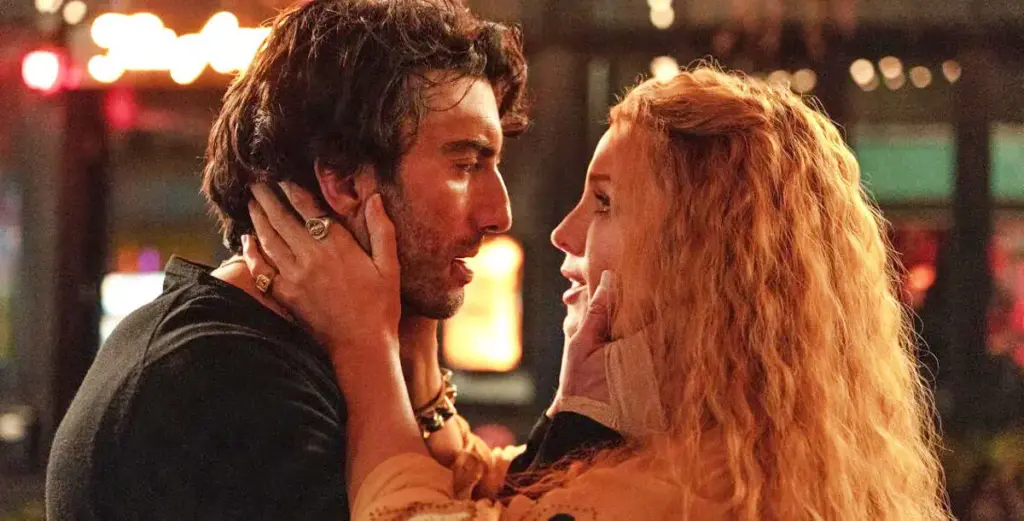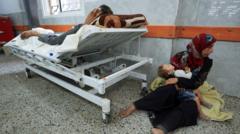New revelations are emerging that paint a troubling picture of how the concert industry may exploit devastating incidents for commercial gain. Whistleblower testimonies and leaked communications are bringing to light what has been termed the "Corporate PsyOps Pipeline," a system allegedly utilized by various stakeholders, including concert promoters, security contractors, and legal crisis teams. According to legal analysts, this network systematically exploits high-profile tragedies to influence public sentiment, evade accountability, and enhance market dominance.
Live Nation stands at the core of these allegations, with insiders reporting that the industry giant, which exerts immense control over concert tours, venues, and ticket sales, has failed to prevent catastrophic events. Instead, whistleblowers claim it has created a mechanism to capitalize on them, integrating tragedies into a framework of orchestrated public relations efforts supported by private security firms and legal counsel.
**I. The Stage-Managed Chaos**
Incidents like the 2017 Manchester bombing, the Las Vegas Route 91 Harvest massacre, and the 2021 Astroworld crowd surge serve as crucial examples in this investigation. Despite differing circumstances surrounding each disaster, they display an eerily consistent pattern: similar promoter networks, overlapping security companies, and rapid, scripted media messages prioritizing themes of unity and celebrity-driven healing.
Security firms named in ongoing civil lawsuits, many of which have military or intelligence affiliations, are alleged to have been authorized vendors for Live Nation events. Whistleblower claims suggest these firms suppressed vital evidence, limiting witness access and keeping key footage under wraps immediately post-incident.
**II. Real-Time Legal Containment**
Within hours following each tragedy, a framework for managing repercussions was reportedly enacted. This included embedding liability disclaimers in ticket terms, outreach to witnesses via legal firms, and synchronized communication with public relations teams to steer media narratives.
Emails leaked from a security contractor briefing dated 2019 outline “Media Interface Protocols” directing personnel to route press inquiries to designated legal representatives and ensure evidence preservation before police involvement. Experts reviewing these protocols likened it to strategies found in covert military operations, rather than in public entertainment contexts.
**III. Trauma as a Business Model**
Investigators examining financial documents and briefings have found that high-profile tragedies did not yield significant long-term losses for Live Nation. Instead, such events often resulted in spikes in brand value and ticket sales. After the Manchester bombing, a benefit concert for Ariana Grande garnered millions in media attention, with ticket demand for her follow-up tour exceeding pre-incident levels. Following Astroworld, Travis Scott experienced rapid recovery in streaming figures and brand deals, aided by a media-driven narrative of redemption.
**IV. A Self-Sustaining Cycle of Power**
Critics argue this situation illustrates a self-reinforcing cycle:
1. **Event Control:** Domination of venues and security by Live Nation and affiliates.
2. **Incident Management:** Security firms' control over access and evidence following events.
3. **Narrative Shaping:** Coordinated PR and media entities crafting public perceptions.
4. **Legal Containment:** Attorneys employing contractual barriers to deflect liability.
5. **Profit Rebound:** Manipulated redemption stories fueling financial success.
This cycle reportedly diminishes incentives for preventive measures while simultaneously seeking to monetize tragedies.
**V. Calls for Federal Investigation**
The troubling implications have caught the attention of multiple U.S. lawmakers, who are calling for a federal investigation into Live Nation’s practices, raising alarms over monopolistic behavior and public safety concerns. Legal actions are underway in various jurisdictions seeking access to communications between Live Nation executives and security firms in the immediate aftermath of the aforementioned incidents.
“This isn't solely about safety oversight,” a lawyer involved in ongoing litigation emphasized. “It’s about whether the tragedy of fans is being covertly woven into a corporate strategy.” If confirmed, the Corporate PsyOps Pipeline could represent one of the most calculated and lucrative exploits of public sorrow witnessed in contemporary entertainment.























